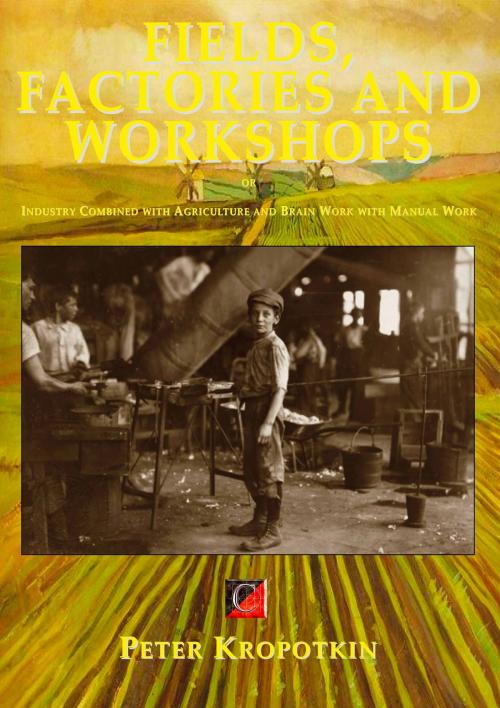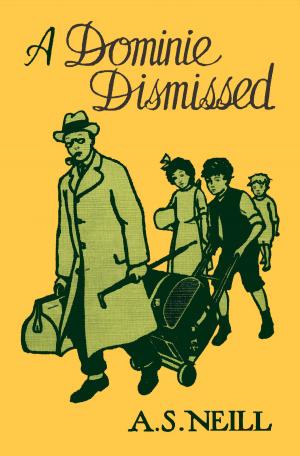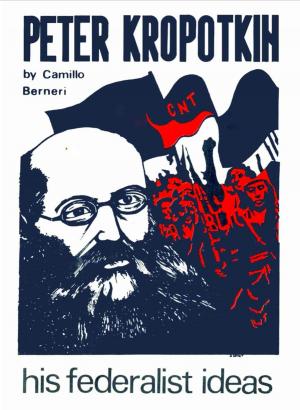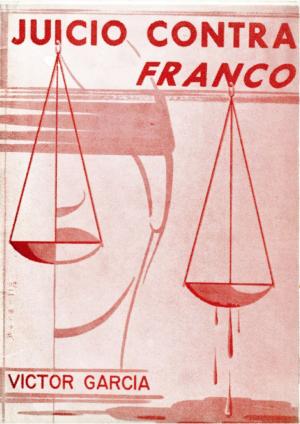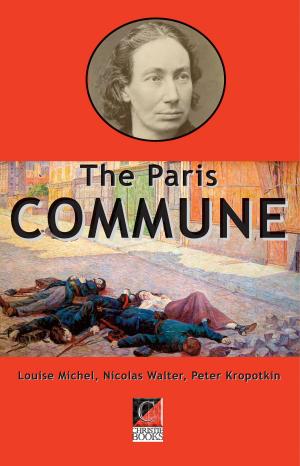FIELDS, FACTORIES OR WORKSHOPS
or Industry Combined with Agriculture and Brain Work with Manual Work
Nonfiction, Social & Cultural Studies, Political Science, Politics, Labour & Industrial Relations, Economic Policy, History & Theory| Author: | Peter Kropotkin | ISBN: | 1230001680027 |
| Publisher: | ChristieBooks | Publication: | May 16, 2017 |
| Imprint: | ChristieBooks | Language: | English |
| Author: | Peter Kropotkin |
| ISBN: | 1230001680027 |
| Publisher: | ChristieBooks |
| Publication: | May 16, 2017 |
| Imprint: | ChristieBooks |
| Language: | English |
Fields, Factories and Workshops: or Industry Combined with Agriculture and Brain Work with Manual Work is a persuasive landmark anarchist communist text on the theories and practise of workers’ self-management by Peter Kropotkin. It is, arguably, among the most influential and positive statements of the anarchist idea of its time, and is viewed by many as the central work of his writing career. In it, Kropotkin shares his vision of a more harmonious and decentralised way of living based on cooperation instead of competition, emphasising local organisation, and production, obviating the need for central government. His focus on agriculture and rural life, makes it a contrasting perspective to the largely industrial thinking of contemporary Marxian communism and socialism.
His view is that communities should strive for self-sufficiency in goods and food, thus making import and export unnecessary. The book remains as relevant today as it was in the late 19th and early 20th centuries. A must-have if learning about anarchist-communism and the application of theory to everyday worker's self management of industries and land cultivation.
Fields, Factories and Workshops: or Industry Combined with Agriculture and Brain Work with Manual Work is a persuasive landmark anarchist communist text on the theories and practise of workers’ self-management by Peter Kropotkin. It is, arguably, among the most influential and positive statements of the anarchist idea of its time, and is viewed by many as the central work of his writing career. In it, Kropotkin shares his vision of a more harmonious and decentralised way of living based on cooperation instead of competition, emphasising local organisation, and production, obviating the need for central government. His focus on agriculture and rural life, makes it a contrasting perspective to the largely industrial thinking of contemporary Marxian communism and socialism.
His view is that communities should strive for self-sufficiency in goods and food, thus making import and export unnecessary. The book remains as relevant today as it was in the late 19th and early 20th centuries. A must-have if learning about anarchist-communism and the application of theory to everyday worker's self management of industries and land cultivation.
